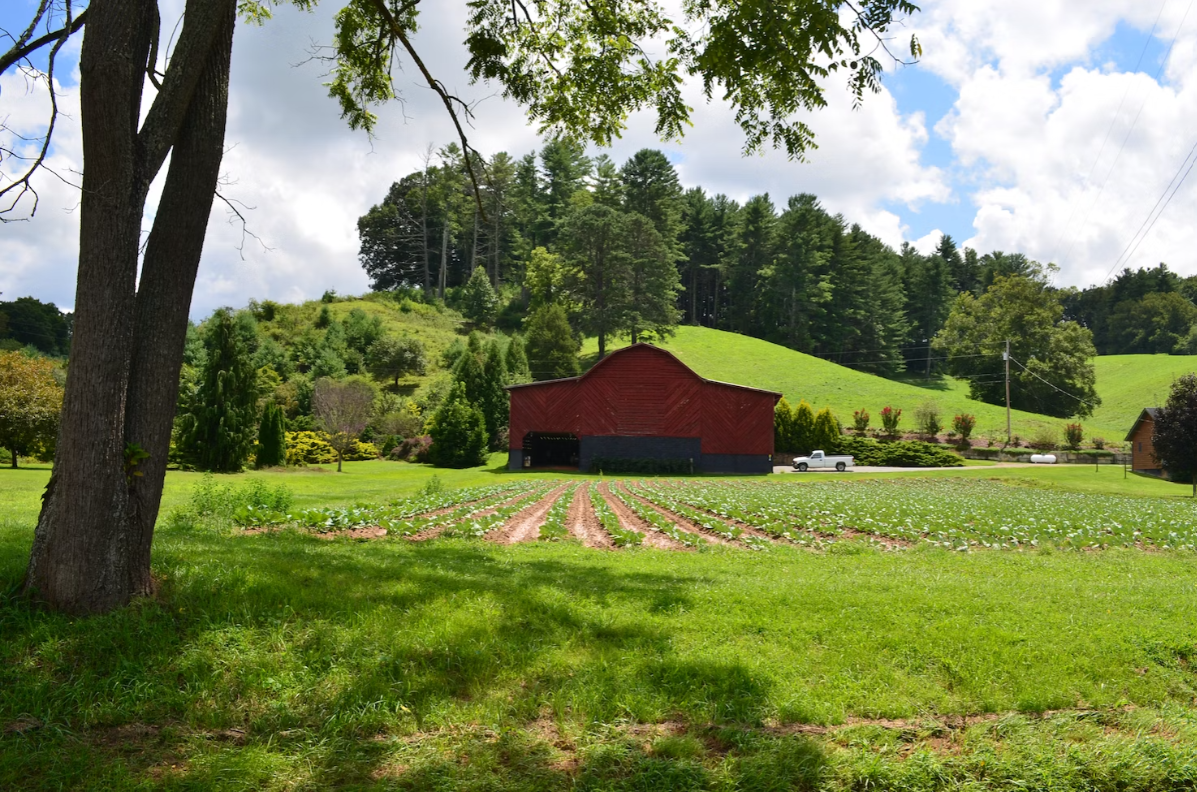
Are you ready to say goodbye to city life and build your own homestead? Starting a homestead from scratch is an exciting and challenging journey. Creating a self-sustaining lifestyle can be a rewarding experience for anyone who’s up for the challenge. But before you start digging and planting, ask yourself, “Am I fully prepared to build a homestead?” This blog post will guide you through the basics of building a homestead and give you 11 essential items to consider before you start.
Water Source
Your homestead must have a reliable source of water, whether it’s a well, a pond, or a stream. A well is the most popular water source for homesteaders, but it requires research and permits to be installed. You may also consider conservation systems like rainwater harvesting or a cistern system. You should also plan for ways to store and transport water, such as rain barrels or water tanks. Ideally, you should have a backup water source in case your primary source runs dry.
Sustainable Power Source
A homestead requires a sustainable power source such as solar panels, wind turbines, and hydro turbines. These systems are expensive to install, but they will save you money in the long run. Consider investing in renewable energy sources to power your homestead and reduce your reliance on traditional energy sources. These sources of energy are a crucial part of any homestead, and they will save you money in the long run.
Tools and Equipment
Stock up on the necessary tools and equipment to maintain your homestead effectively. Invest in quality tools that will last a long time, such as shovels, hoes, rakes, and pruners. You should also consider purchasing a tractor if you plan to cultivate larger areas of land. Rototillers, garden hoes, shovels, and axes are just a few examples of the tools you need to have on hand.
Livestock
If you’re planning on having livestock, make sure to do your research and become familiar with animal care. You’ll need to purchase fencing and housing for your animals, as well as feed and hay. For larger animals like cows and horses, you’ll need to have a barn and other structures in place. Additionally, you’ll need to consider the costs of health care and veterinary services for your livestock. Choose the animals that best fit your lifestyle and needs, such as chickens, goats, sheep, cows, pigs, or horses. Raising animals takes time, energy, and attention. Choose a breed that is suitable for your climate and one that produces what you want.
Garden Supplies
A homestead isn’t complete without a garden, and it doesn’t have to be just vegetables. Consider planting fruit trees, herbs, flowers, and other plants that bring beauty and functionality to your homestead. You’ll need a variety of garden supplies such as trowels, shovels, stakes, hoses, and more in order to maintain your garden. Flowers and herbs can provide aesthetic appeal while also serving valuable purposes such as natural pest control.
Waste Management System
A waste management system is essential for a healthy homestead. Choose a system that meets your needs, such as a compost bin, anaerobic digester, or even a worm farm. These systems provide an eco-friendly way to manage waste and reduce the amount of trash going into landfills. You need to have a septic system installed or have a composting toilet to handle human waste. You must also have a system for managing animal waste.
Shelter
Having a home on your homestead is crucial, but it doesn’t have to be a mansion. A simple, well built structure is all you need. Consider building a cabin or a mobile home with the help of experienced professionals if you don’t want to tackle it yourself. And when it comes to buying the land a hard money lender is a good resource to consider. Make sure that whatever type of shelter you choose meets your climate and weather needs and is up to code for both safety and sustainability. Smaller homes are more energy efficient, easier to maintain, and less expensive to build. Consider building a tiny house or cabin in the beginning as a cost-effective option.
Food Preservation Methods
Preserving food is essential for sustaining life on a homestead. Invest in a variety of methods, such as canning and dehydrating, to store food for later use. A pressure canner is an excellent way to preserve vegetables and other high-acid foods. Dehydrators are great for fruits, herbs, and jerky. You should also consider investing in a root cellar or cold storage room to keep your food safe from pests and the elements. You can use canning, dehydration, and fermentation among other preservation methods. These methods will allow you to store your food longer and help minimize food waste.
Protective Measures
Wildlife and unwanted visitors can be a problem on a homestead. Be sure to install measures to keep them out. Fences are great for keeping animals away from your crops and livestock, and gates can be used to control access and prevent intruders. Keep a close eye on your homestead by installing security cameras or motion detector lights. Make sure to have electric fencing, livestock guardians, and other protective measures to protect your animals, garden, and property from outside threats. Consider using motion-activated lights and cameras to keep an eye on your property.
Connectivity
Even though you’re leaving the city life behind, you still need connectivity. Consider a satellite dish, cellular service, or even an internet hotspot if you need to stay connected. This will give you access to the outside world while still maintaining your privacy and independence. Access to the internet is essential for research and communication. You must also have a reliable communication system for emergencies.
Education and Skills
Building and maintaining a homestead requires a broad range of skills and knowledge. Take the time to learn about animal husbandry, gardening, food preservation, building and repair, and other essential skills. Joining a homesteading forum or club can be a great resource for learning about these topics. Additionally, you should attend workshops on sustainable living or take classes in local schools to gain more knowledge of homesteading basics. You must learn how to plant, grow, and harvest crops. You also must learn to care for your animals and have basic construction skills.
Building a homestead is a way to escape the hustle and bustle of urban life and enjoy a peaceful and fulfilling way of living. But, before starting on your homesteading journey check the above basics and make sure to have a handle on them. It’s not just about planting and digging, and without proper setup, it can become a daunting task, and can be expensive too. Plan well, and you’re sure to enjoy the rewards of living off-grid.


